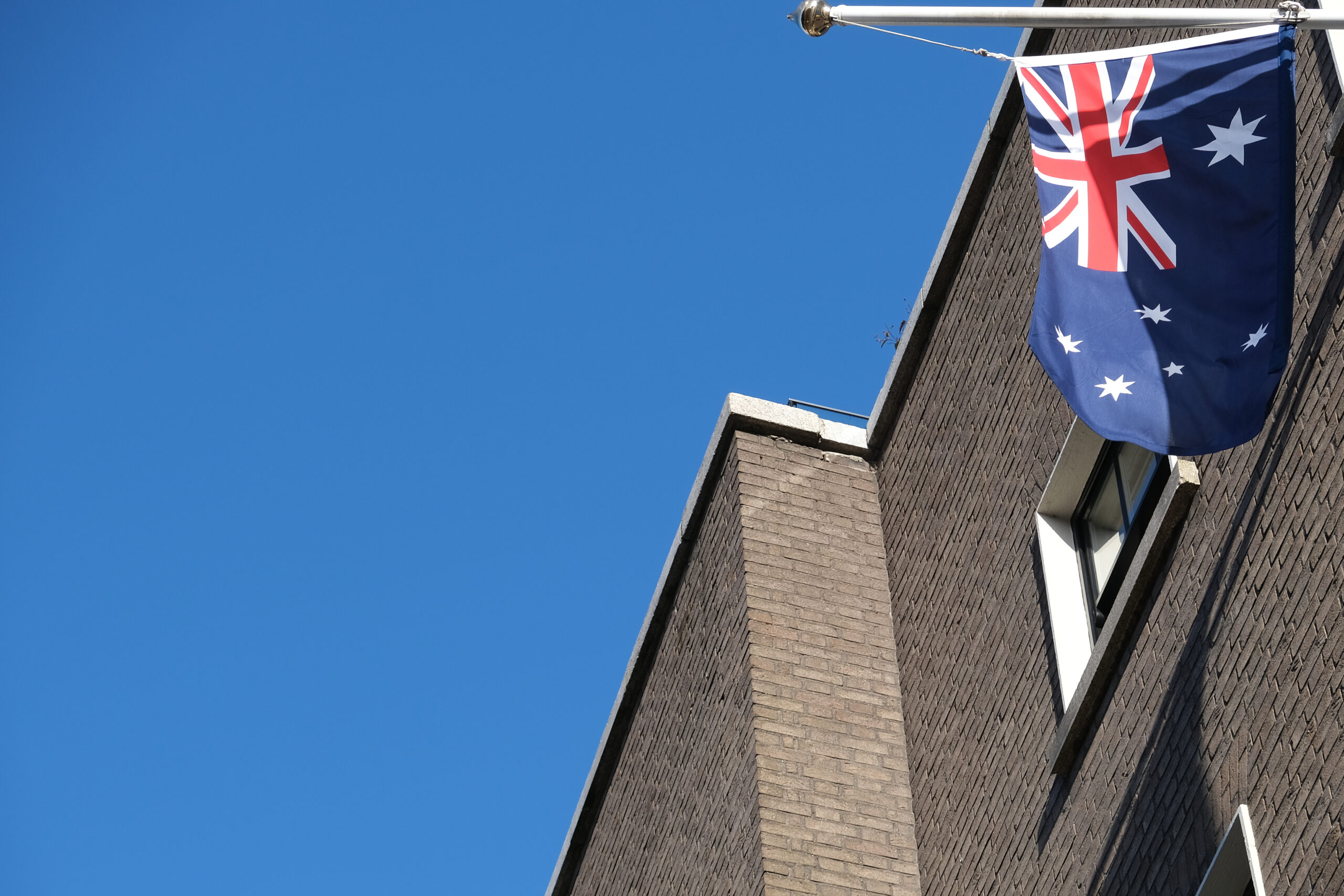Australians were recently asked to vote Yes or No in an historic referendum proposing amendments which would have enshrined an Indigenous Voice to Parliament in the constitution. The Voice was to consist of a government advisory body of elected members from Indigenous communities across Australia. It was the product of years of thoughtful collaborative work by a group of 250 Indigenous leaders as articulated in the 2017 Uluru Statement from the Heart and, as legal experts agreed, was a constitutionally sound proposition for change. When the Australian Labor Party first came into power in May 2022 there had been broad support for the Voice, with around 60% of non-Indigenous Australians saying they were in favour of it.
“How was an opportunity to listen, make culturally-informed decisions, and reduce the stark inequalities that exist for Indigenous Australians something our country could forgo?”
Yet, on the 14th of October, the Voice was rejected by the Australian people. The referendum’s failure to pass was a landslide ‘No’. More than 60% of Australians voted against the Voice. In the wake of this result, myself and many other Australians are shocked and utterly confused. I simply can’t fathom why an opportunity to recognise 65,000 years of Indigenous culture for the first time in our 122 year-old constitution could be rejected. How was an opportunity to listen, make culturally-informed decisions, and reduce the stark inequalities that exist for Indigenous Australians something our country could forgo?
The Voice was a proposition for constitutional change taken right from the heart of Australia. It was a call of action for Indigenous people, by Indigenous people. It was a chance to address the many challenges that still plague Aboriginal communities, and to directly shape Government policy on Indigenous issues. Indigenous Australians still face shorter life expectancies, and higher rates of infant mortality, youth incarceration, and suicide. They face overwhelmingly poorer health and education outcomes, and social marginalisation. Shockingly, a young Indigenous man is statistically more likely to end up in jail than in university.
The Voice was a sound proposition to begin to change all of this – to work towards closing the gap in Indigenous inequality, and to change Australia for the better. But, it failed.
“In a reflection of the times, the situation was made worse by an increase in negativity, scare tactics, and disinformation”
What went wrong?
First and foremost, constitutional amendments are very difficult to get through. Of 45 conducted since 1901, only eight have succeeded. They also commonly require bipartisan support which, despite initially looking like a given, was sadly lacking this time. In a reflection of the times, the situation was made worse by an increase in negativity, scare tactics, and disinformation. The ‘No’ campaign primarily claimed the proposal was “divisive” and gave certain Australians “benefits” on the basis of their race.
So, where do we go from here?
In the wake of the defeat, Indigenous leaders of the ‘Yes’ campaign announced a ‘Week of Silence’ to grieve the outcome of the Voice Referendum. I fully respect and acknowledge this silence. We grieve with you.
I recently spoke to my 85 year old grandmother, a strong and passionate ‘Yes’ supporter. Throughout this campaign, she walked through her neighbourhood of 60 years proudly wearing her ‘Yes’ badge, and offering her community smiles and words of hope. On Saturday, she voted, as she did in Australia’s 1967 referendum to include Indigenous Australians in the census, for an equal future. She, like many others, is deeply distressed that this referendum has failed.
Due to Australia’s vote, many Indigenous Australians, who have spent their lifetime working towards constitutional recognition, are now unlikely to ever see it. Professor Marcia Langton AO, a key Indigenous leader who has worked closely with both sides of politics, has declared “reconciliation is dead.”
Despite the deeply saddening path Australia has chosen, I remain in awe of the grace and optimism behind the ‘Yes’ campaign. I reflect on it as one that was led with positivity, compassion, and honour. The legacy of the ‘Yes’ campaign will not be forgotten, and its positive outlook for an equal and just Australia must be continued. We as Australians, and our government, must continue to honour our commitment to reconciliation.
“The battle for Indigenous equality, constitutional recognition, land rights, and changing Australia Day to a date suitable for all Australians must and will continue”
A defeated constitutional referendum does not mean change is impossible or that we must concede defeat. The battle for Indigenous equality, constitutional recognition, land rights, and changing Australia Day to a date suitable for all Australians must and will continue. Reconciliation is a long road. It is a process that is unfortunately not linear, straightforward, or easy. It is a process however that will ultimately lead to positive change, if steered and propelled in the right direction, led by the inspirational Indigenous leaders we have today, and guided by the voices and perspectives of all Indigenous people.
It has been touching to hear how many students, both Irish and international, at Trinity College Dublin care about the issues facing Indigenous Australians and the repercussions of this vote. I, and many other Aussies, deeply appreciate their desire to help, to engage, and to understand. Indigenous inequality is truly an issue of global significance.
Saturday the 14th of October was a day of deep sadness for many Aussies, Indigenous and non-Indigenous alike. That same afternoon, I was sent a photograph by a friend from Trinity. A full rainbow over College Park – “to give Australia hope.” We must remember that despite the pain and disappointment, there is still hope. Hope for reconciliation. Hope for a more equal Australia. Hope for a brighter future.






